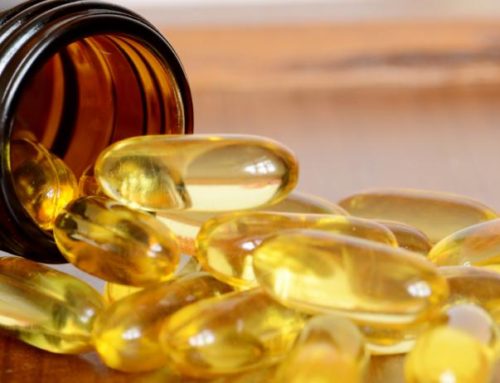In 2007, while shopping in my local grocery store, I received a call from my family doctor informing me that I had infiltrating ductal carcinoma (breast cancer), and that I would be getting a call the next morning from the Cancer Center to explain what this meant. My first thought was that she had the wrong person. I had always considered myself to be healthy. I exercised regularly, never had a weight problem and ate fairly well. So what gives?
Knowing little about the disease or the fact that there were so many different types, stages and grades was overwhelming. I was immediately thrown into a foreign world of doctor visits, tests and treatment options, none of which sounded fun.
A month later, I got through surgery and eventually started to come out of my fog. While sitting in oncology waiting for my daily radiation treatments, I began noticing the patients around me. Many looked emaciated and sickly. The disease and treatments seemed to be robbing them of their mind, body and spirit—leaving each a shadow of the person they once were. We would all be sitting there, in our lovely, matching gowns, waiting to be shuffled through the cancer matrix, not really knowing what to expect or what lay ahead for us now that our lives had been turned upside down. To be honest, though, I never really felt like I was a part of that world. I knew I would take a different road.
In the past I had overcome other medical complications by finding the answers myself. I was never one to settle for the one-size-fits-all approach of our modern-day culture and medical system. This time wouldn’t be any different. I began researching the lifestyle factors that could have contributed to my getting this disease in my 40s. This was more than bad genes, as 1 in 3 people today will be affected by cancer. Our genetic pool doesn’t change that quickly. There was so much more at play here.
On my last visit with my oncologist, she told me, “Don’t worry about anything. I’ll do the worrying for you.” I knew that as soon as I walked out of her office, she would move onto her next patient and not give me a second thought. It was my job to take control of my own health and figure out what I needed to do to get better and stay cancer-free.
After thanking the oncologist, I told her that I was going back to school to study nutrition and do everything I could to avoid having to see her again. It was a shocking truth that no one discussed diet and lifestyle with me as part of my cancer treatment plan (although that has changed somewhat).
I got certified as an integrative health and cancer coach so I could figure it out myself. I work with an integrative oncology nurse practitioner, Colleen Tetzlaff. She supports her patients in navigating the cancer matrix, using the best of conventional and alternative interventions to assure more optimal outcomes in their healing process. Integrative therapies work “outside of the box,” utilizing many different tools not just for suppressing the symptoms, but also from treating the underlying factors that contributed to the illness in the first place. We now know that 90 percent of disease is attributed to stress, diet and lifestyle. Unless we change the underlying factors, we cannot hope to truly heal and overcome these dreadful conditions.
So what can you do? Take control of your health. Be proactive in finding the right information, practitioners, therapies and nutritional strategies that will work for you and your specific needs and challenges. Lastly, don’t take life too seriously. Laugh, play and focus on the abundance around you. This may be the greatest advice I can give you.
HERE ARE LIFESTYLE SUGGESTIONS:
➊ Eat organic, earth-produced food. Make food your medicine, not your enemy. Processed, sugary foods feed cancer cells. Only eat whole, real foods that will support your recovery.
➋ Move your body daily in ways that feel energizing and enjoyable to you. Don’t sit for long periods of time. Stand, stretch and breath often. Five minutes of movement done periodically throughout the day adds up.
➌ Take a break from technology. Get outside daily and enjoy the sun, fresh air and beauty surrounding you. This is the best therapy there is—and it is free.
➍ Sleep. Our bodies need seven to nine hours a night in a dark room. Quality sleep gives your body the time it needs to detox, repair and heal.
➎ De-stress. Chronic stress takes a serious toll on your body and elevates cortisol. When cortisol is chronically elevated your risk for breast cancer significantly increases. Learn to meditate daily, take yoga classes, find a therapist or whatever it takes for you to find more peace and balance in your life.
➏ Avoid toxic body care products. These chemicals are absorbed straight into your blood. If you can’t eat them you probably don’t want to be rubbing them into your skin. That goes for sunscreens, too.





Leave A Comment